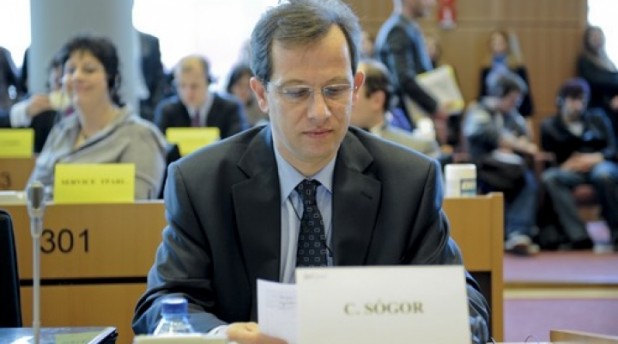Skills Guarantee programme for the low skilled in the EU
At least seventy million European citizens lack adequate literacy skills who encounter difficulties when working with numbers and have poor digital skills. According to Csaba Sógor these people are the most vulnerable on the EU labour market, and their situation must be improved. The European Commission has presented a draft of its Skills Agenda for Europe in the summer, and the issue landed on the agenda of the European parliament on the 22nd of November. The MEPs had specific questions regarding the Commission's plan.
The European Commission has presented the prospect of a so called Skills Agenda for Europe, which aims to ensure that people develop a broad set of skills from early on in life and to make the most of Europe’s human capital, which will ultimately boost employability, competitiveness and growth in Europe. It would give professional training to people who did not finish upper education in order for them to have better chances to be employed. On Tuesday evening MEPs addressed questions for EU Commissioner for Employment, Social Affairs, Skills and Labour Mobility, Marianne Thyssen.
RMDSZ MEP Csaba Sógor represented the position of the European People's Party (EPP) during the debate. He emphasized that the low-skilled are at a disadvantage in today's job market due primarily to the decrease in industrial jobs and the growing complexity of the processes related to manufacturing. By seeking to improve the chances of the most vulnerable in the labour market, the plan is one of the most important measures that the European Union could formulate in response social problems, therefore the EPP is committed to supporting this initiative. Csaba Sógor emphasized that this is an area which presents different challenges to EU Member States, hence the national programmes should be based on well thought out national strategies. In this regard, the MEP would like to clearly see what kind of mechanism the Commission would use to enforce the Skills Agenda for Europe Programme. "How does the Commission plan to ensure that, when implementing the programme, Member States target systemic measures that address the specific needs and issues they are faced with, and base their programmes on well-thought-out strategies – instead of financing ad-hoc measures with a lot less impact?", asked the Hungarian MEP from Romania.
The MEPs agreed that more funds should be destined to the development of low-skilled citizens' qualifications. In addition to giving responses to social problems, this measure improves the EU's competitiveness and economic productivity. However, several MEPs pointed out that the European Commission should take note that this could mean an extra burden for some Member States.
„The Commission's programme is not yet completely clear, but we support this measure, because if successfully applied it could greatly contribute to the problem of long-term unemployment and other negative social consequences resulting from it. It can provide solutions for a problem many citizens of Romania face, too” – said Csaba Sógor.



